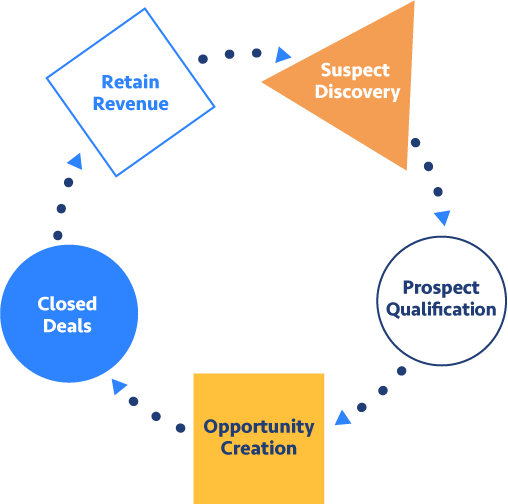Sales success is built on a foundation of proven strategies, strong relationships, and consistent execution. This guide explores the essential elements that distinguish top performers in sales and provides actionable steps to elevate your sales performance. Sales success is all about creating and capturing value. Value is the perceived importance, worth, or usefulness of a product or service.
In order to create value for customers, salespeople must understand the buying process and the various issues facing the buyer. The salesperson who can be put in the customer’s shoes, so to speak, has a better chance of recognizing key issues and opportunities. That salesperson also has a better chance of making the buyer’s life easier, which increases the chance of sales success.
Customers and buyers are no longer satisfied with vanilla-flavored product or service sales pitches. They know about your products and services because they’ve examined your website. They’ve most likely read analyst reports that evaluate your company against competing alternatives. According to Gartner research, customers are awash in high-quality, credible information. Improvements in data analytics, content thought leadership, and sales messaging have resulted in high-quality information that informs most business-to-business purchases.
Today, buyers want sellers to evaluate their environment, understand the marketplace, and come with educated and valid points of view. Buyers want a logical, practical analysis of their situation, a synthesis of available trends and market data, and a comparison of options that narrows the scope of their decision. The goal of this effort on the part of the salesperson is intended to simplify their buying task and build confidence in their decision.

The Keys To Sales Success
Building a Strong Foundation
Know Your Product
Develop deep product knowledge beyond surface features
Understand your unique value proposition
Be able to articulate benefits, not just features
Stay current with product updates and improvements
Understand Your Market
Research your industry thoroughly
Know your competitors’ strengths and weaknesses
Identify market trends and opportunities
Develop ideal customer profiles
The Sales Process
Prospecting
Implement a multi-channel prospecting strategy
Utilize social selling techniques
Leverage referrals from satisfied customers
Maintain a consistent prospecting schedule
Qualification
Develop and use a structured qualification framework
Identify decision-makers early
Understand budget and timeline constraints
Assess prospect fit before investing significant time
Discovery
Ask powerful, open-ended questions
Listen actively and take detailed notes
Identify pain points and challenges
Understand the prospect’s decision-making process
Building Relationships
Trust Development
Maintain honest and transparent communication
Follow through on commitments
Provide value in every interaction
Build credibility through expertise
Communication Skills
Practice active listening
Use clear and concise language
Adapt communication style to your audience
Master non-verbal communication
Closing Techniques
Effective Closing Strategies
Recognize buying signals
Handle objections professionally
Create urgency without pressure
Present solutions confidently
Follow-Up
Develop a systematic follow-up process
Use multiple touchpoints
Provide valuable content between interactions
Know when to move on
Performance Optimization
Time Management
Prioritize high-value activities
Use technology to automate routine tasks
Block time for important activities
Regular pipeline review and cleanup
Continuous Improvement
Set measurable goals
Track and analyze key metrics
Seek regular feedback
Invest in ongoing training
Advanced Strategies
Account Management
Develop account growth plans
Identify upsell opportunities
Build relationships at multiple levels
Create long-term partnerships
Territory Management
Strategic territory planning
Efficient routing and scheduling
Balance existing and new business
Maximize territory potential

Sales success is not about natural talent—it’s about developing the right skills, implementing effective strategies, and maintaining consistent effort. Focus on continuous improvement in these key areas and track your progress regularly.
Action Steps
- Assess your current performance in each area
- Identify three key improvement areas
- Create specific action plans for each
- Set measurable goals and timelines
- Review and adjust regularly
Remember: Success in sales skills is a journey of continuous improvement, not a destination.


